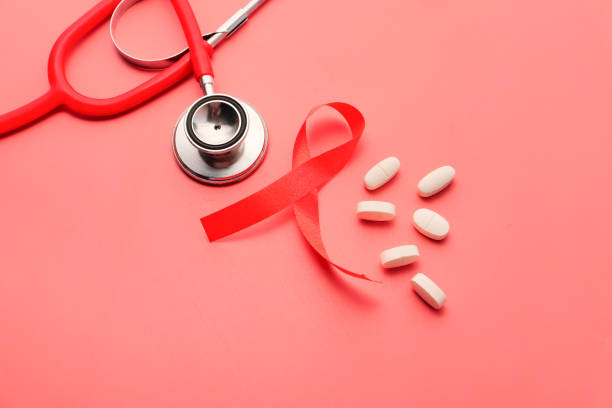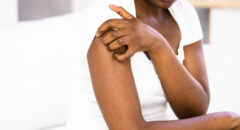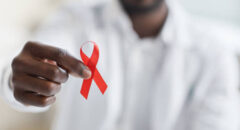
Technology has changed the lives of everyone in today’s current age. From being able to communicate with relatives and loved ones at far distances faster, to being able to throw anything in the air fryer and have a meal cooked within 10 minutes or less. Technology has truly had a huge impact on the world and medication is no different. Especially for those living with diseases such as HIV, that had no cure or no actual working medication for people to take in the past. Back in the 80s and 90s, those who contracted HIV did not have the resources that they needed to actually survive. These resources such as proper research and education, conducive medication, and support systems, were all hard to find during these time periods and unfortunately, many people suffered.
Thankfully now in 2022, the times are different. Not only are there medications that help people living with HIV become undetected, but there are also medications that people can take if they were exposed to HIV and had no prior diagnosis of it. These medications help prevent or lower the risk of your chances of contracting HIV, but what are they specifically? How do they help and who are good candidates for them in the event that you are exposed? What do you need to know?
All About PrEP
What is PrEP?
PrEP, otherwise known as pre-exposure prophylaxis, is an FDA-approved medication that can prevent HIV.
It has a 90% chance of lowering your risk of developing HIV if you do not have it but are intimate with someone who has HIV with detectable levels.
Who can use PrEP?
- Those without HIV but have shared needles
- Those who do not have HIV but had condomless sex with someone who does have HIV
- Those who do not have HIV but had condomless sex with someone with an unknown HIV status
Does It Work?
To get the best results possible, you have to use PrEP correctly and on time, every single day until your dosage runs out.
With the proper use, PrEP can lower your risk of getting HIV by 90%, and using condoms on top of PrEP medications can lower your risk of contracting HIV through sex by 99%. PrEP also lowers your risk of contracting HIV through shared needles by 70%.
All About PEP
What is PEP?
Similar to PrEP, PEP stands for post-exposure prophylaxis. This form of medication is an array of pills you take after being exposed to HIV through sex or shared needles and lowers your risk of contracting it.
Who can use PEP?
- Those who had condomless sex with someone with a known HIV status
- Those who shared needles
- Those who suffered a workplace injury
- Those who suffered from sexual assault
Does It Work?
PEP is an emergency medication for one to use if you think you have been exposed to HIV.
In order for it to work, you have to take PEP within 72 hours of exposure to lower your risk of contracting HIV. Get it as soon as possible because the longer you wait, the higher your risk of developing the illness.
RELATED: Living with HIV: How to Beat the Stigma
What You Should Know
Both PrEP and PEP are amazing outcomes of how much technology has progressed over time. They have the ability to stop the risk of such a harsh illness, but there are some things you should know.
PrEP is more effective in the prevention of HIV since it is a series of daily pills you have to take or a bi-monthly shot to lower the risk of future development of HIV. So think of this form of medication as prevention.
PEP is a one-time series of pills to take after possible exposure, so think of this form of medication as the healing.
Since PEP is an emergency pill, the fastest way to get it is through the emergency room. PrEP can be prescribed by doctors or given to you at health clinics or your local health department.
After taking either one of these medications, you need to get follow-up appointments with your doctor or health clinician and be tested regularly to make sure you are HIV-negative.
Technology has helped this world in more ways than we can ever imagine. Not only can you lower your levels and go undetected if you are living with HIV, but you have resources now to help prevent the risk before and after possible exposure. But regardless of all the help, there may be now, remember to always practice safe sex no matter what the circumstance is because your health is and will always be the most important aspect in your life.








